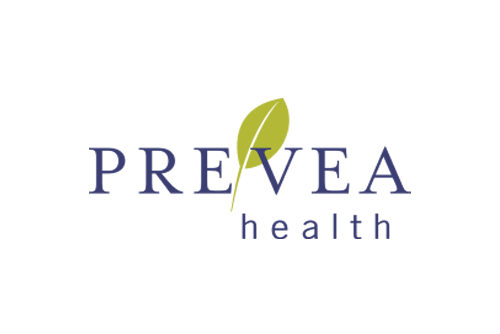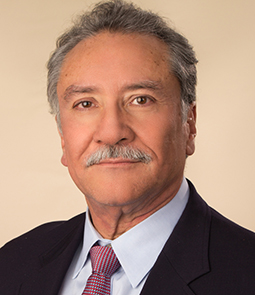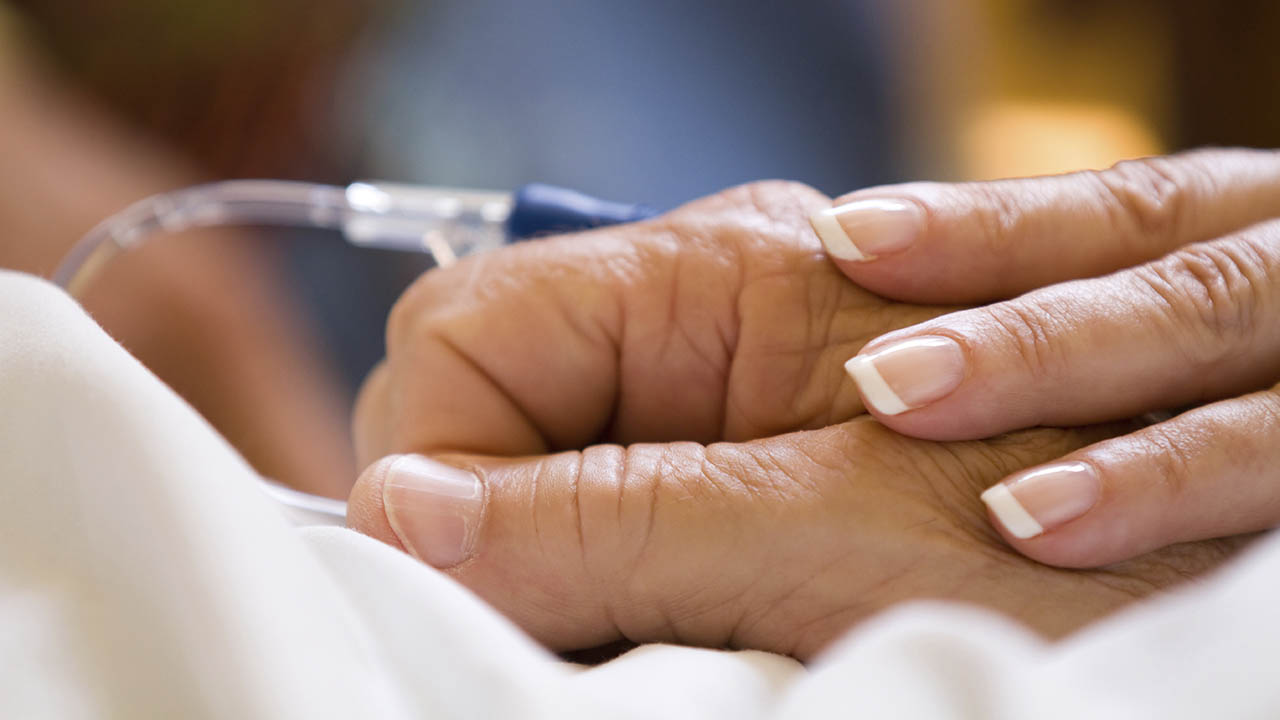Every day you and your loved ones may encounter organisms that can cause mild to severe infectious diseases. You can take steps to prevent illness, including keeping up with proper vaccines. The number one thing you can do to prevent the spread of infection is to wash your hands regularly.
Infectious disease
If you are concerned that you or a loved one may have an infectious disease, our specialists can work with you to recommend treatments.



Care for those with weakened immune systems
We also care for people with underlying immunological disorders who have a hard time fighting illnesses and infections on their own, including treatment of infections in transplant recipients and other patients with weakened immune systems, including malignant neutropenia and HIV/AIDS.

Diagnosing infectious diseases
Your physician or provider may use one or more of the following tests to diagnose an infectious disease:
- Blood tests.
- CT scan.
- Lumbar puncture (also called spinal tap).
- PCR (polymerase chain reaction) technology, which is rapid diagnosis for respiratory infections, central nervous system infections, diarrheal infections and some blood stream infections.
- Urinary, mucus or fecal cultures.

Diagnosis and treatment of infections
Above is a list of some of the common infectious conditions our specialists diagnose and treat. Our physicians and providers work with patients to put a stop to infection and prevent a more serious disease from occurring.

Treating infectious diseases
If you or a loved one contract an infectious disease, medication will oftentimes be the first step in treatment. Your doctor may prescribe:
- Antibiotics
- Antivirals
- Antifungals
- Vaccines and immunizations for prevention
Meet our physicians and providers

Agnes Kresch, MD
Infectious Disease Physician

Edward Morales, MD
Infectious Disease Physician

Marjorie Hatszegi, APNP, FNP-C
Nurse Practitioner, Infectious Disease

Arpana Aryal Bagale, APNP, FNP-C
Nurse Practitioner, Infectious Disease

